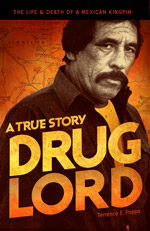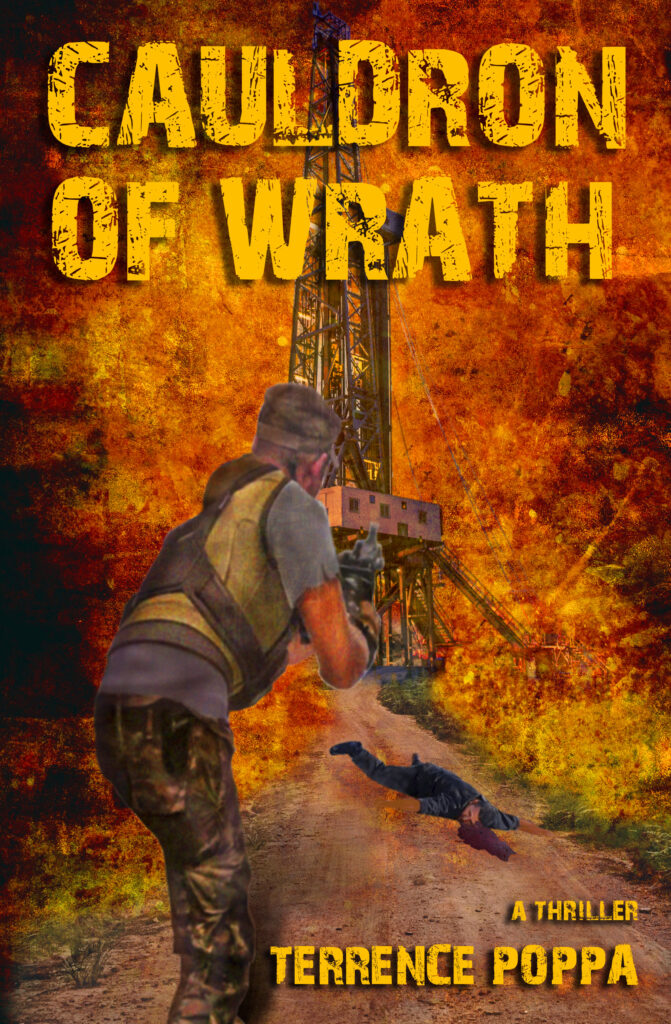By Dave Graham
MEXICO CITY (Reuters) – In barely four years, a little-known criminal gang has grown to challenge the world’s most notorious drug lord, Joaquin “El Chapo” Guzman, for domination of the Mexican underworld, unleashing a new tide of violence.
Once minions of Guzman’s Sinaloa Cartel, traffickers of the Jalisco New Generation Cartel (CJNG) have turned on their former masters, seizing territory and buying off thousands of corrupt police.
Led by former policeman Nemesio Oseguera, aka “El Mencho”, the gang soon carved out an empire at the expense of weaker rivals.
The speed of its ascent shows how quickly power can shift in Mexico’s multi-billion-dollar drugs trade.
Juggling interests from China to North Africa and eastern Europe, the CJNG’s bloody advance has pushed murders to their highest levels under President Enrique Pena Nieto, who vowed to restore law and order when he took office in late 2012.
All but four in a 2009 list of Mexico’s 37 most wanted capos are now dead or in jail, and Pena Nieto did initially succeed in reducing violence.
But a resurgence that led to 3,800 murders between July and August highlights the government’s failure to beat down cartels without new ones springing up in their place.
Pena Nieto recently sought to allay security concerns by announcing a plan to step up crime prevention in the worst-hit areas. He did not set out the details of his plan, but urged states to speed up efforts to put local police under unified statewide command.




 October 10th, 2016
October 10th, 2016 
